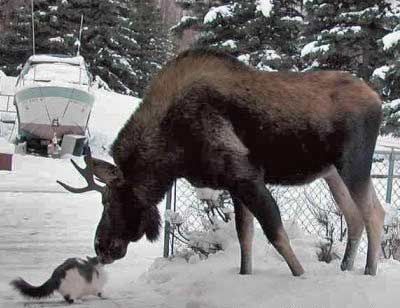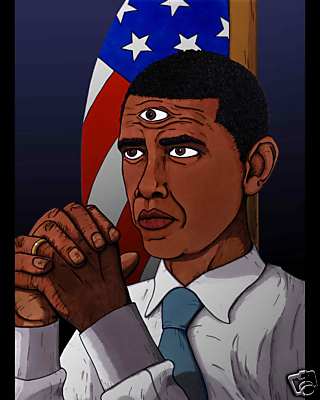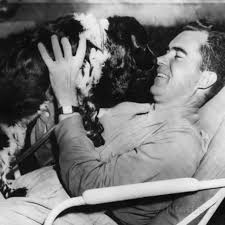Changing Horses in Mid-Stream
Friday, July 30th, 2004Ron Paul, the Libertarian in Congress — albeit with the “R” Republican after his name — apparently gave a floor speech at the time of Iraqi War Resolution about the “myth” that “war makes good politics” — saying that in the long-term wars tend to destroy candidates and politicians, so if you’re voting cynically for that reason — think long and hard.
The classic example is probably Woodrow Wilson. In his case, he brought US approval into the war mostly through a sheer propaganda manipulation assualt and crushing of dissent, and not surprisingly when the costs of war became apparent to the temporily mollified public — he was given the boot. The Party didn’t bother re-nominating him. For my purposes here, saying that yes — Americans have “changed horses in mid-stream”: While it’s true that you can’t say Americans opted to “change horses” in the middle of the World War — Americans certainly rejected his post-war Reconstruction efforts on where he wanted to put America in the world.
Harry Truman was the last president not bound by the twenty-second Amendment. And, out of loyalty — particularly because of his upset victory four years earlier, he would have won the Democratic nomination. But, he knew he would be cooked against Eisenhower, so he didn’t run. Public opinion on the Korean War was souring greatly. Eisenhower went on to suspend hostilities in Korea, which matched public opinion well enough.
Lyndon Johnson saw the writing on the wall when Eugene McCarthy won some early primaries. The Vietnam War made him a public disgrace. Thus, he dropped out of the race — Bobby Kennedy followed by Hubert Humphrey filled his place. And Richard Nixon was elected — as a convuluted dove-hawk hybrid.
Besides which, if you want to put “The War on Terror” as analogious with “The Cold War”: In addition to Truman and Johnson, we changed horses mid-stream when we booted Nixon (though not at the ballot box), Ford, and Carter.
So, we change horses in mid-stream all the time. I’d like to hope that the horse we’re likely to jump onto mid-stream in 2004 is going in a different direction than the horse we’re on … I guess we shall see.




